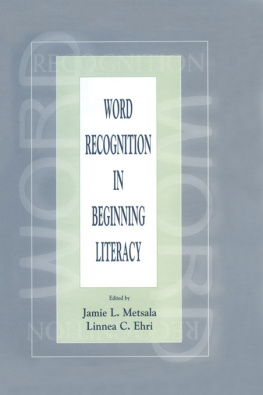COMPUTATIONAL MODELS OF READING
OXFORD SERIES ON COGNITIVE MODELS AND ARCHITECTURES
Series Editor
Frank E. Ritter
Series Board
Rich Carlson
Gary Cottrell
Robert L. Goldstone
Eva Hudlicka
William G. Kennedy
Pat Langley
Robert St. Amant
Integrated Models of Cognitive Systems
Edited by Wayne D. Gray
In Order to Learn: How the Sequence of Topics Influences Learning
Edited by Frank E. Ritter, Joseph Nerb, Erno Lehtinen, and Timothy OShea
How Can the Human Mind Occur in the Physical Universe?
By John R. Anderson
Principles of Synthetic Intelligence PSI: An Architecture of Motivated Cognition
By Joscha Bach
The Multitasking Mind
By David D. Salvucci and Niels A. Taatgen
How to Build a Brain: A Neural Architecture for Biological Cognition
By Chris Eliasmith
Minding Norms: Mechanisms and Dynamics of Social Order in Agent Societies
Edited by Rosaria Conte, Giulia Andrighetto, and Marco Campenn
Social Emotions in Nature and Artifact
Edited by Jonathan Gratch and Stacy Marsella
Anatomy of the Mind: Exploring Psychological Mechanisms and Processes with the Clarion Cognitive Architecture
By Ron Sun
Exploring Robotic Minds: Actions, Symbols, and Consciousness as Self-Organizing Dynamic Phenomena
By Jun Tani
BrainMind: From Neurons to Consciousness and Creativity
By Paul Thagard
MindSociety: From Brains to Social Sciences and Professions
By Paul Thagard
Natural Philosophy: From Social Brains to Knowledge, Reality, Morality, and Beauty
By Paul Thagard
Computational Models of Reading: A Handbook
By Erik D. Reichle

Oxford University Press is a department of the University of Oxford. It furthers the Universitys objective of excellence in research, scholarship, and education by publishing worldwide. Oxford is a registered trade mark of Oxford University Press in the UK and certain other countries.
Published in the United States of America by Oxford University Press 198 Madison Avenue, New York, NY 10016, United States of America.
Erik D. Reichle 2021
All rights reserved. No part of this publication may be reproduced, stored in a retrieval system, or transmitted, in any form or by any means, without the prior permission in writing of Oxford University Press, or as expressly permitted by law, by license, or under terms agreed with the appropriate reproduction rights organization. Inquiries concerning reproduction outside the scope of the above should be sent to the Rights Department, Oxford University Press, at the address above.
You must not circulate this work in any other form and you must impose this same condition on any acquirer.
Library of Congress Cataloging-in-Publication Data
Names: Reichle, Erik D., author.
Title: Computational models of reading : a handbook / Erik D. Reichle.
Description: New York : Oxford University Press, 2021. |
Series: Oxford series on cognitive models | Includes bibliographical references and index.
Identifiers: LCCN 2020025887 (print) | LCCN 2020025888 (ebook) |
ISBN 9780195370669 (hardback) | ISBN 9780190669096 (epub) | ISBN 9780190853822
Subjects: LCSH: Reading, Psychology of. | ReadingComputer programs. |
Word recognition. | Human information processing.
Classification: LCC BF456.R2 R345 2021 (print) | LCC BF456.R2 (ebook) |
DDC 418/.4019dc23
LC record available at https://lccn.loc.gov/2020025887
LC ebook record available at https://lccn.loc.gov/2020025888
DOI: 10.1093/oso/9780195370669.001.0001
As befitting a book about the science of reading, this book is in memory of my father, Paul, who taught me to love both science and reading.
Whoever cannot seek the unforeseen sees nothing, for the known way is an impasse.Heraclitus
Contents
I have many people to thank for helping make this book possible. First and foremost, I would like to thank my two former mentors, Keith Rayner (who much to the remorse of his friends and colleagues, passed away in 2015) and Sandy Pollatsek. I was extremely fortunate to have had the opportunity to work and become friends with Keith and Sandy since first meeting them in graduate school at UMass, Amherst in 1990. The generosity of these two men cannot be overstated; both taught me volumes about the psychology of reading and science more generally, and Sandy in particular was instrumental in teaching me much of what I know about computer modeling. I also am indebted to Keith for both putting me in contact with the people at Oxford University Press and for encouraging me to write this book. Im only sorry that he was not able to see the final product.
I also would like to thank the sources of financial support that made the writing of this book possible. First and most importantly, I would like to thank the Hanse Institute for Advanced Study for its very generous financial support. A significant portion of the first draft of this book was written while I was on sabbatical at the Hanse Institute, in Delmenhorst, Germany, during the first five months of 2008. I can honestly say that, without that time away from my day job, this book would not have been possible. And in particular, I would like to thank Wolfgang Stenzel, the Research Manager for Neuroscience and Cognitive Sciences, and Gerhard Roth, the former Director of the Hanse Institute, for making the fellowship available to me, and for being such gracious hosts. And of course, I also would like to thank my sponsor, Franz Schmalhofer.
In the same spirit, I also would like to thank the Pittsburgh Science of Learning Center. Their financial support allowed me spend time reading the literature on models of word identification, a prerequisite for writing . I also would like to thank Charles Perfetti, who encouraged me to apply for the grant, and whose friendship and mentorship have also contributed in significant ways to the completion of this book.
I also would like to thank the many people who helped me over the years and, in so doing, made the writing of this book possible. In particular, I would like to thank Sally Andrews, Ehab Hermena, Michael Hout, Megan Papesh, Keith Rayner, Aaron Veldre, and Lili Yu for reading various drafts of this book and providing me with the invaluable feedback for improving both its readability and content. Additionally, I would like to give special thanks to two people who have, over the years, often challenged how I thought about the psychology of reading: Sally Andrews and Eyal Reingold. It is fair to say that this book would have been different without their influence and friendship. And similarly, I would like to thank my many academic friends and colleagues who, across the chapters of my own life, have helped me in various ways and thereby facilitated the writing of this book: Jim Anderson, Jane Ashby, Amanda Barnier, Lisi Beyersmann, Anne Castles, Denis Drieghe, Ralf Engbert, Don Fisher, Fernanda Ferreira, Ding-Guo Gao, Steve Goldinger, Barbara Griffin, Simon Handley, John Henderson, Jukka Hyn, Mike Jones, Holly Joseph, Barb Juhasz, Johanna Kaakinen, Rachel Kallen, Sachiko Kinoshita, Reinhold Kliegl, Saskia Kohnen, Jan-Louis Kruger, Patryk Laurent, Roger Levy, Xingshan Li, Simon Liversedge, Yanping Liu, Tomek Loboda, Joe Magliano, Lyuba Mancheva, Gen McArthur, Vicky McGowan, Avril Moss, Wayne Murray, Kate Nation, Antje Nuthmann, Ruano Perilla, Ralph Radach, Ronan Reilly, Mike Richardson, Jonathan Schooler, Elizabeth Schotter, Heather Sheridan, Kerry Sherman, Richard Shillcock, Natasha Tokowicz, Tessa Warren, Mark Wheeler, Sarah White, Carrick Williams, Gouli Yan, and Chin-Lung Yang. Quite a few of the aforementioned are new friends and colleagues at Macquarie University, and I have to say I am very fortunate to have ended up working with such a welcoming and distinguished group of people. If my places of employment correspond to the setting of my lifes story, then the final chapter certainly promises to be the very best.

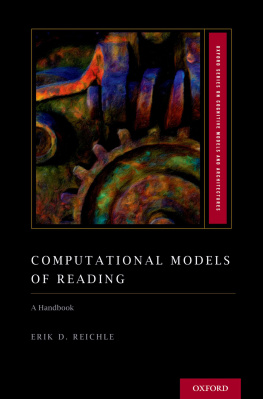

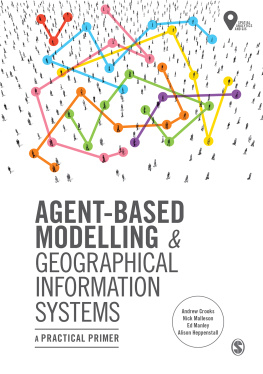
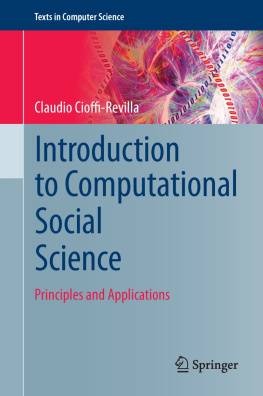
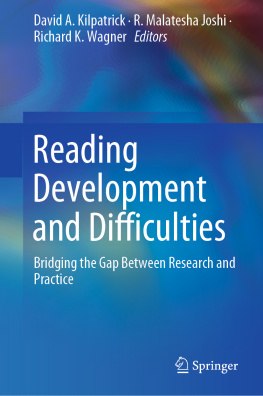

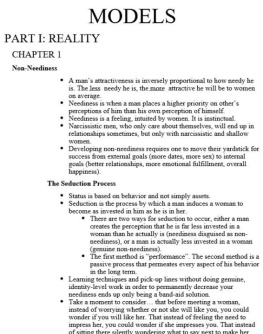
![Bhargav Srinivasa-Desikan [Bhargav Srinivasa-Desikan] - Natural Language Processing and Computational Linguistics: A Practical Guide to Text Analysis With Python, Gensim, spaCy, and Keras](/uploads/posts/book/119021/thumbs/bhargav-srinivasa-desikan-bhargav.jpg)
